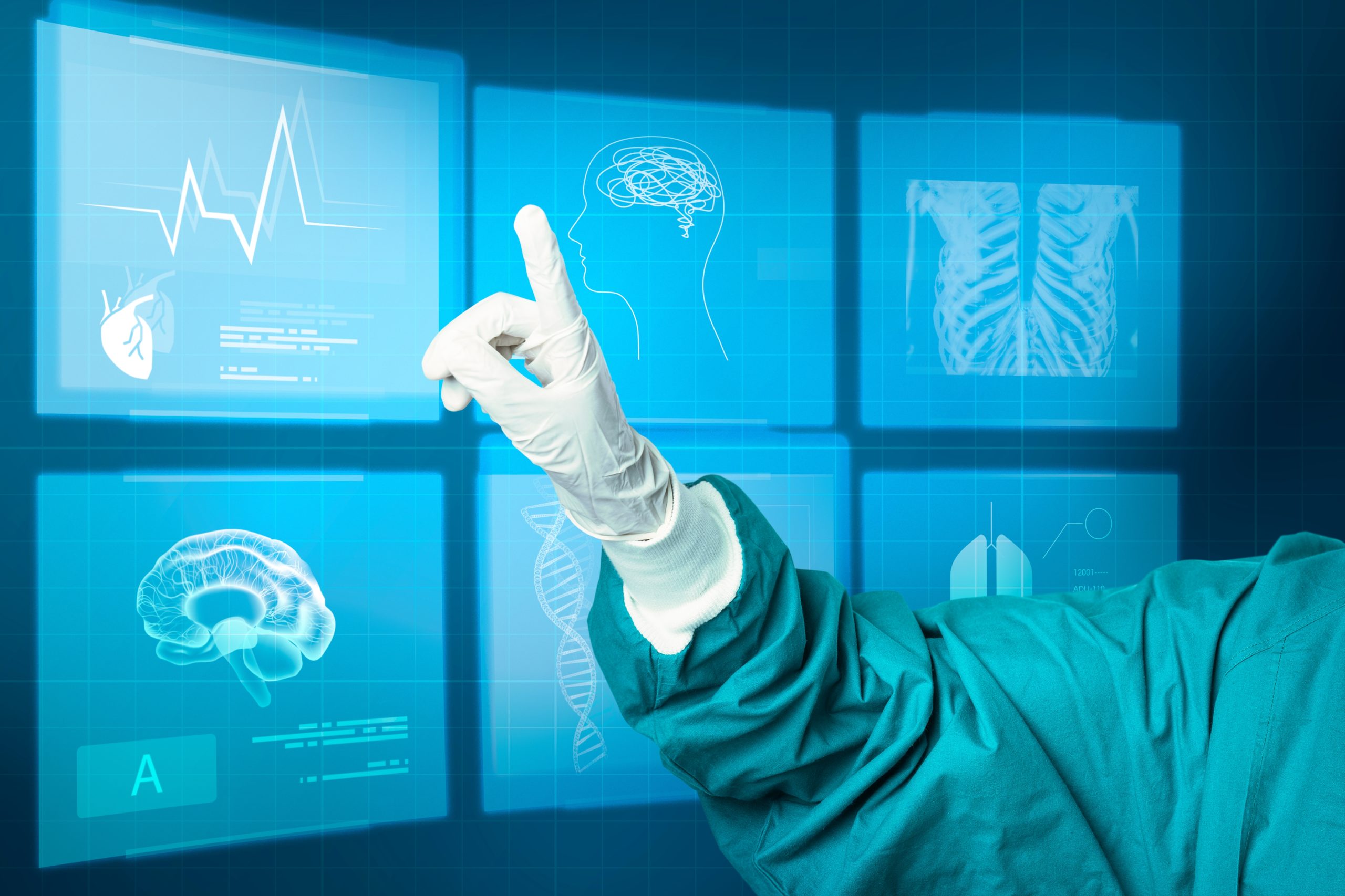Health screening allows you to determine if you borrow from a specific disease or medical condition. It usually directs to a higher chance of victory and a lower event of difficulties, suffering or even death. It is essential because not all diseases exhibit symptoms and situations discovered with health screening may be treated earlier.
How do you determine which to screen for with many diseases and situations? Most, if not all, healthiness screening packages will protect conditions that are comfortable to filter for and those that are significant health issues.
For example, obesity is a natural health problem plaguing today’s world population, and it can be contained by merely measuring your height and weight. Screening tests must also be exposed (objective) and not invasive. For example, health screenings generally concern testing the blood, urine, stool, and simple radiological examinations like x-ray and ultrasound. Intrusive tests like biopsies are not routinely offered.
It would assist if you spoke with your doctor to notice which screening package fits you best. Different screening centres offer various packages, some more essential and others more comprehensive. What is the dissimilarity between a basic health screening and a comprehensive screening?
Basic health screening
A basic health screening concerns a physical examination by your doctor, biophysical measures (height, weight, body mass index, visual acuity, colour vision), and blood and urine analyses.
Blood tests generally screen for:
- Blood count
- Sugar stations
- Cholesterol stations
- Kidney process
- Liver process
Blood tests usually screen for blood computations (to see if you have anemia, abnormal immune cells and irregular clotting factors), sugar levels (screening test for diabetes), cholesterol stations, kidney function and liver function. A urine test is generally done to check for urine infection, sugar in the urine (which may be a glance in diabetes), protein in the urine (which may be caught in early kidney infection), or blood in the urine (which may be caught in infections, tumours, kidney stones and other kidney conditions).
Screening centres may present the possibility of a chest x-ray, which can pick up oddities of the lung, or an electrocardiogram (ECG), a screening test for heart diseases.
These basic packages usually carry about 30 minutes to 2 hours to finish. They can be done onetime every three years to once yearly. Younger patients can opt for these packages, particularly those with no past medical history and no substantial family history of hereditary illnesses.
Comprehensive health screening
In additionally comprehensive health screening Singapore packages, on top of the overhead tests, the blood test may be utilized to screen for more situations such as:
- Thyroid hormone classes
- Cancer traits
- Sexually transmitted illnesses
- The Hepatitis A and B screening
- ABO blood group of blood
Further, a stool test can be accomplished to review blood in the stool, a screening test for colon cancer. However, blood in the stool can even be due to other illnesses such as hemorrhoids, commonly understood as piles.
A Pap smear is usually presented to all females aged 25 – 65 years who have had sexual relations. It is utilized to screen for cervical cancer and is usually done every three years unless otherwise instructed by your physician.
Bone mineral density (BMD) is an ordeal that utilizes x-ray to screen for osteoporosis, where the bones are fragile and increase the fracture risk. It is recommended for all women aged 65 years and overhead and individuals with risk characteristics. You can talk to your doctor or do the Osteoporosis Self-Assessment Tool for Asians (OSTA) to review your risk of osteoporosis. If your bet is moderate or increased, see your doctor to be screened for osteoporosis.
A mammogram and ultrasound are suggested for women aged 40 and above to filter for breast cancer and other diseases. It should be done perennial for women between 40 – and 49 years of age. Straining every two years for women aged 50 years and overhead is recommended.
Other radiological tests that may be offered contain:
- ultrasound of the abdomen to screen for disorders of the liver, gall bladder
- ultrasound of the pelvis (for women) to screen for disorders of the womb and ovaries
- ultrasound of the thyroid to screen for diseases of the thyroid gland
Many other tests may be offered in various centres. The period of the comprehensive health screening relies on the number of tests done and can carry between 1 hour –and one whole day to finish.

